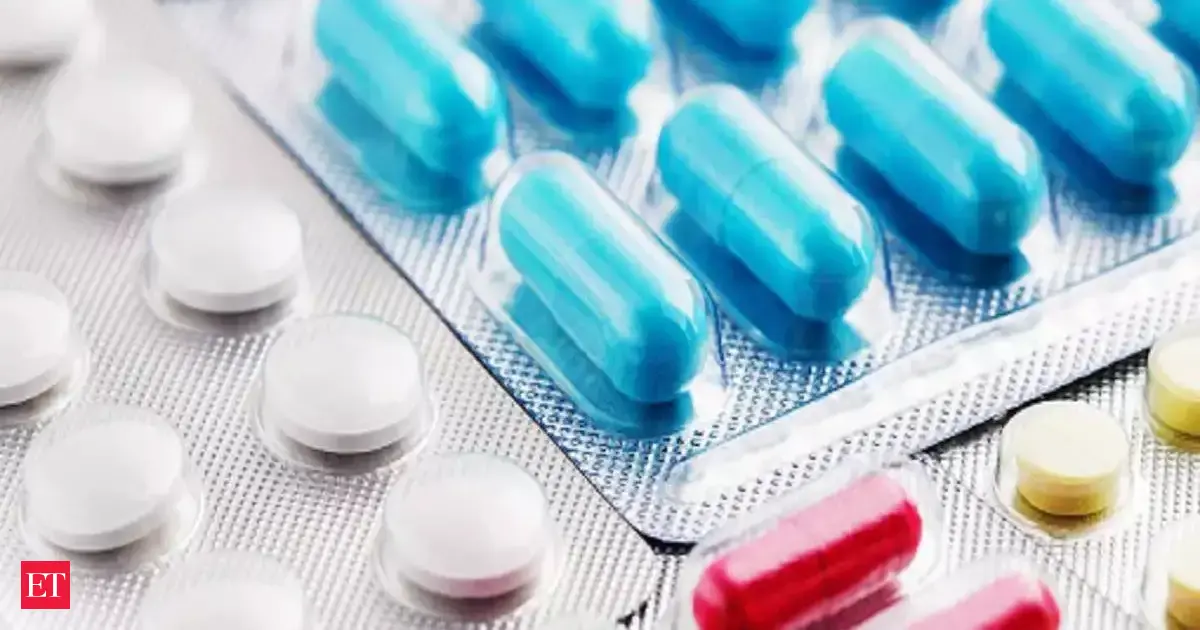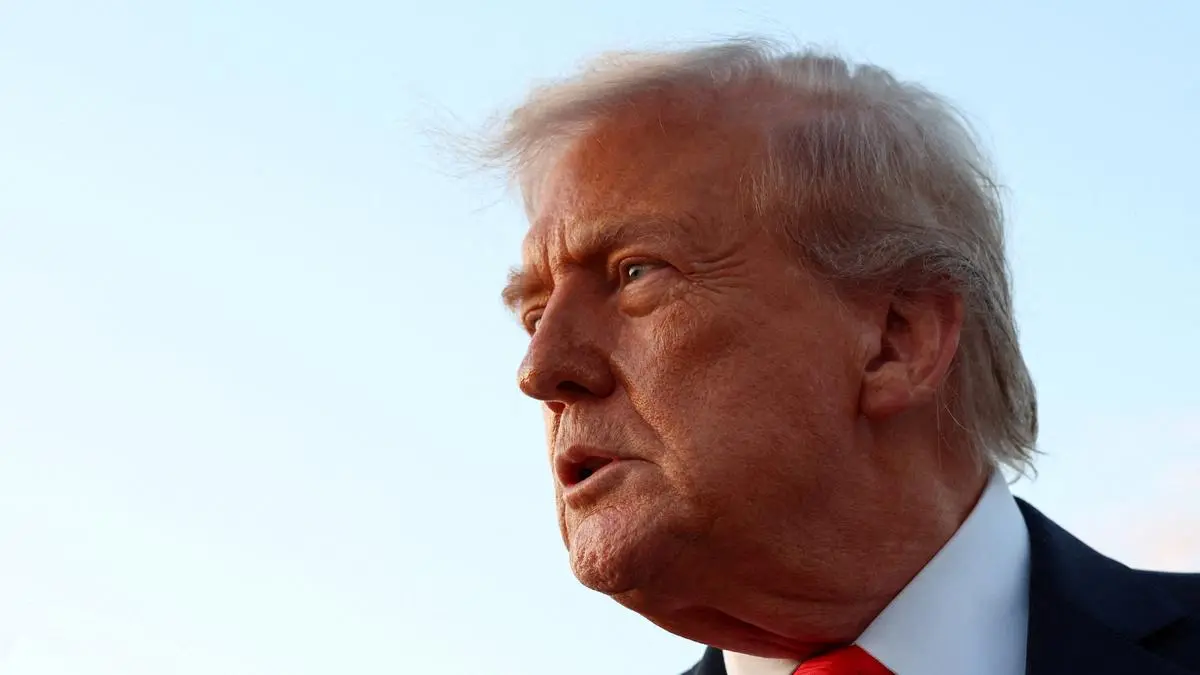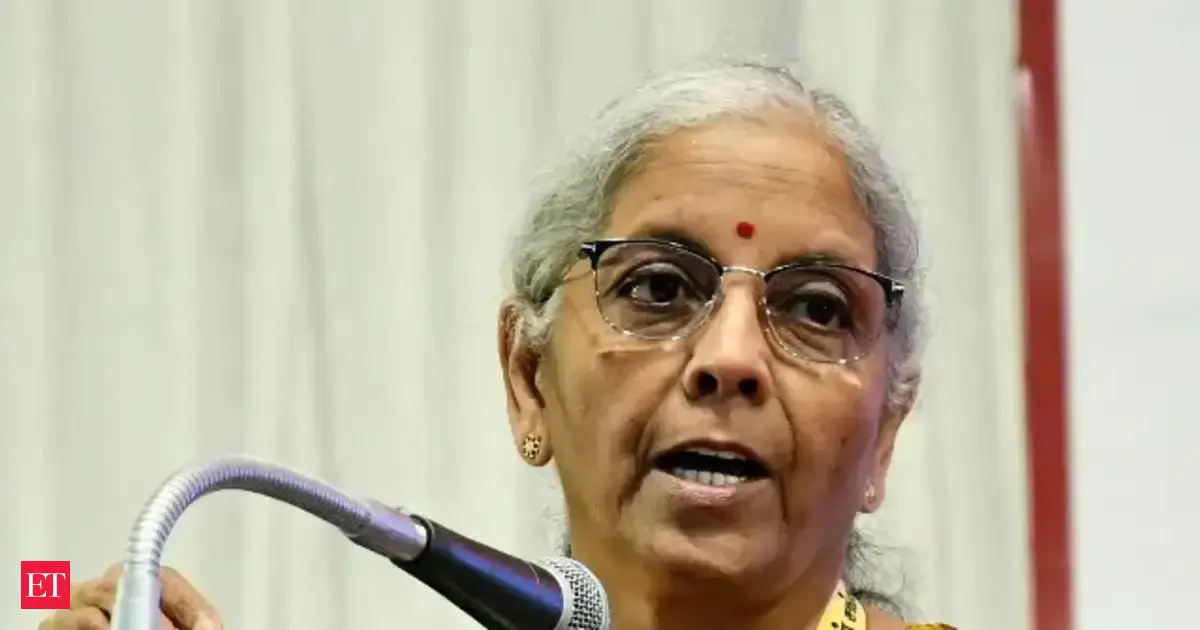‘Indian generics safe, tariffs unwise’: Indian pharma association hits back after US tariff concerns
By Vikas Dandekar
Copyright indiatimes

Mumbai: After last week’s pummelling of their shares by the threat of US tariffs, a powerful Indian pharma industry association hit back on issues raised by a section of observers in the US who red-flagged the quality of generic medicines supplied from facilities based in India and China.In its strongest point-wise rebuttal in recent years, the Indian Pharmaceutical Alliance (IPA), a body of 23 leading Indian generic drug makers such as Sun Pharma, Cipla, Dr Reddy’s and Zydus Lifesciences, testified to a US Senate Special Committee its unwavering commitment to the quality of medicines and how over the last decade alone, those helped save billions of dollars for the US healthcare system.Though generic drugs are so far out of the ambit of the latest decisions of 100% tariffs currently confined to branded and patented medicines, the IPA’s reply seen by ET says, “America’s medicine security will not be strengthened by punitive tariffs or blunt instruments like tariffs or DoD (department of defence) exclusions; that will most risk driving generics out of the market.”Instead, IPA said, it will be secured by incentives, partnerships, and pragmatic use of oversight tools to ensure quality, resilience, and affordability, together. That apart, the IPA sternly warned that undermining its member companies in the US would not just disrupt the “generic supply” broadly, it would create vulnerabilities across the core therapeutic areas of US healthcare.”Worse, it would increase America’s reliance on China, which provides state-backed subsidies to drive global health dominance.” India, IPA asserted, is already reducing its reliance on China through the production-linked incentive (PLI) programme, which is expanding domestic API and KSM production (active pharmaceutical ingredients and key starting material) and strengthening allied supply chains.Live EventsThe industry body said the Indian generic makers have undergone a profound transformation, backed by the FDA’s most recent state of pharmaceutical quality reports that confirmed Indian facilities perform on par with US and global peers in inspection outcomes.”This progress has been validated independently: in April 2025, DoD-funded Valisure testing that found nearly two-thirds of generics scored “green” (highest quality), with several Indian suppliers achieving a perfect score of 100 – equal to or better than US peers. These findings underscore how FDA and IPA’s decade of collaboration has built a culture of continuous quality improvement and regulatory alignment,” the group said.Notably, generic drugs from Indian companies have saved US patients and the healthcare system an estimated $219 billion in 2022 alone, and between 2013 and 2022, those contributed more than $1.4 trillion in cumulative savings in the US.The issue of quality of drugs from India, which supplies roughly $10 billion worth medicines annually to the US, snowballed following a sustained campaign by a group of US-based activists and academic experts who raised an alarm of national security risks to the US patients from the pharmaceutical supply chain that overly relies on China and Indian drug producers.Countering that point, the Indian group noted that well before the tariff debates began, IPA had advanced a concrete partnership proposal titled, US-India Affordable Medicines Partnership (AMP) for API/KSM joint investment, production and stockpiling to drive security and supply chain resilience. These, it added, are efforts that reflect a long-standing commitment to work with the US government as a strategic ally.To help soften the strident postures on tariffs, the IPA said Indian companies have made significant investments in its US operations, with 31 FDA-approved facilities across 14 states. “These companies generate substantial direct employment for American workers and create wider supply chain and community level jobs nationwide.”In February this year, a study published by authors that included John Gray from the Ohio State University and George Ball from the Indiana University, said generic drugs from India posed 54% more severe adverse events, including hospitalizations, disability and in a few cases deaths, compared to the equivalent generic drugs made in the US.With that startling backdrop, earlier this month on on September 17, the Special Committee on Aging chaired by Rick Scott and ranking member Kirsten Gillibrand heard a long list of concerns related to risks of drug quality and supply chains raised by former US FDA official Peter Baker and George Ball, Brandon Daniels, a supply chain expert, and Ronald Piervincenzi, CEO, US Pharmacopeia. The topic for the ongoing discussions is titled, “Prescription for Trouble: Drug Safety, Supply Chains and the Risk to Aging Americans.”Add as a Reliable and Trusted News Source Add Now!
(You can now subscribe to our Economic Times WhatsApp channel)
Read More News onIndian genericsUS tariffspharma industry associationgeneric drugsIndian Pharmaceutical Alliancedrug qualitySun PharmaCiplaDr Reddy’sZydus Lifesciences
(Catch all the Business News, Breaking News, Budget 2025 Events and Latest News Updates on The Economic Times.) Subscribe to The Economic Times Prime and read the ET ePaper online….moreless
(You can now subscribe to our Economic Times WhatsApp channel)Read More News onIndian genericsUS tariffspharma industry associationgeneric drugsIndian Pharmaceutical Alliancedrug qualitySun PharmaCiplaDr Reddy’sZydus Lifesciences(Catch all the Business News, Breaking News, Budget 2025 Events and Latest News Updates on The Economic Times.) Subscribe to The Economic Times Prime and read the ET ePaper online….moreless



